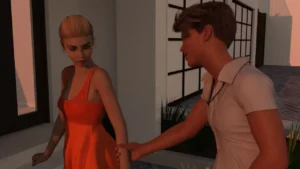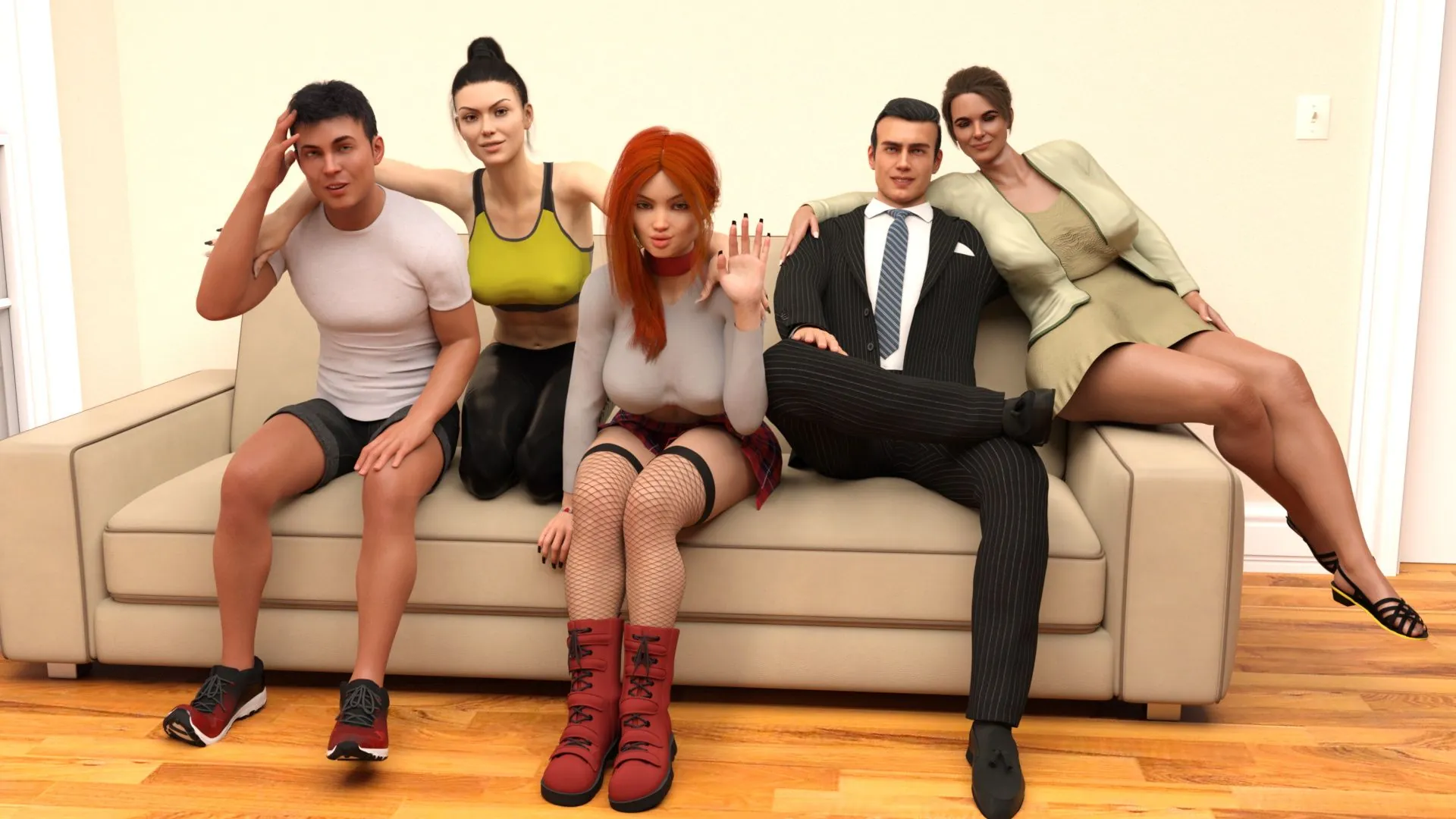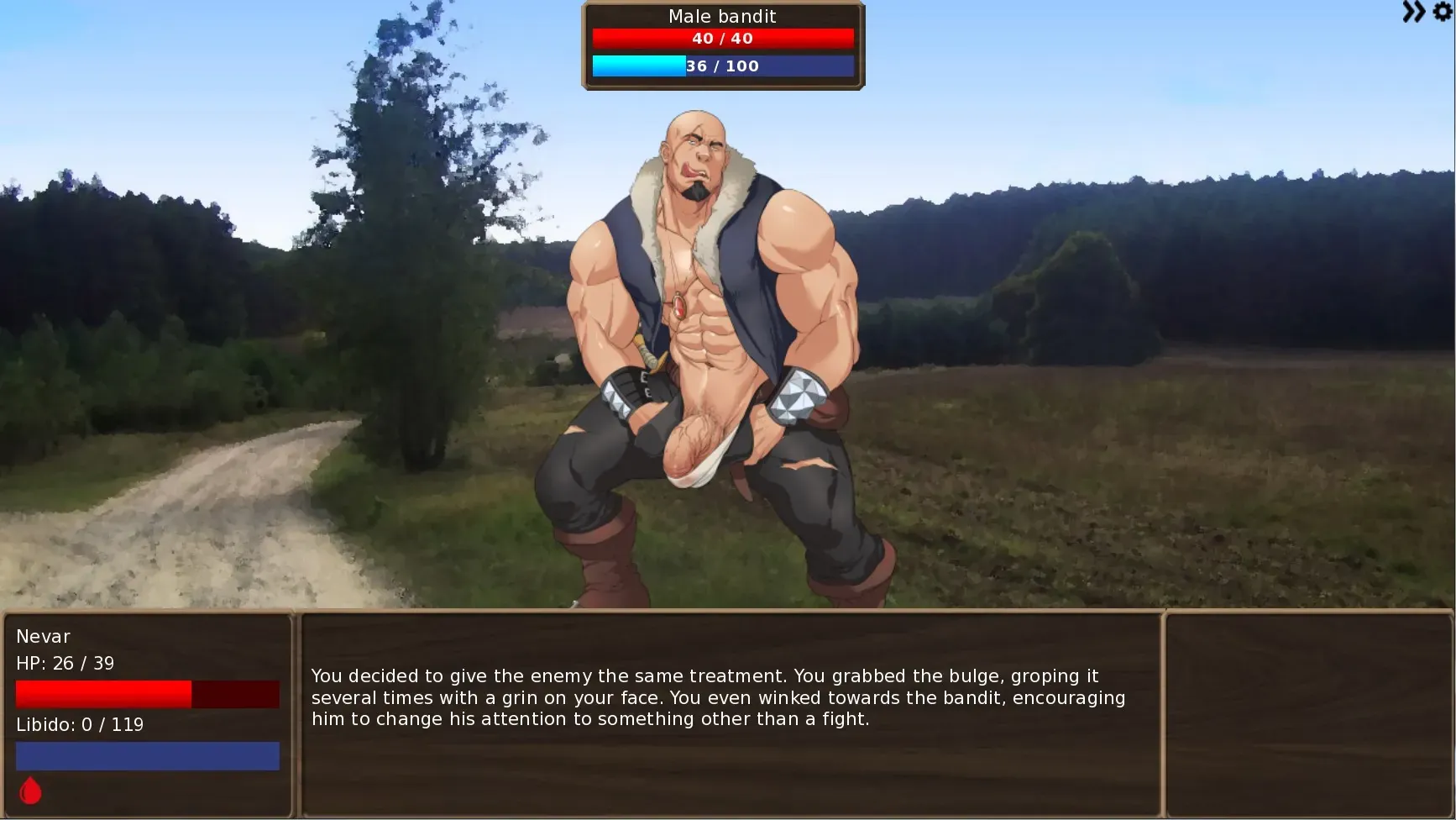
Triangle
Play Triangle
Triangle review
How This Narrative-Driven Game Redefines Relationship Storytelling
When I first encountered Triangle’s hauntingly beautiful art style, I expected another superficial romance simulator. What I discovered instead was a layered narrative experience that challenges players to confront moral dilemmas through meaningful relationships. This dark fantasy title combines gothic aesthetics with thoughtful character development, creating a mature storytelling vehicle that transcends typical genre expectations.
Gameplay Mechanics and Narrative Integration
Chronomancy System: Rewriting Relationship Histories
Picture this: you’re staring at your screen, heart pounding, as your favorite character slowly turns to ash because you picked the wrong dialogue option three hours ago. We’ve all been there—the agony of irreversible choices in story games. But Triangle laughs in the face of permanence. 🕰️💔 Its time manipulation mechanics let you rewind, tweak, and even erase pivotal moments in relationships. Suddenly, that tragic breakup? Just a bad dream. That missed confession? Rewritten with a flick of your wrist.
Here’s the twist: every time you alter the past, you fracture the present. I learned this the hard way when I tried to save my vampire lover from a fatal betrayal. Turns out, keeping them alive meant unleashing a demonic plague that turned our cozy romance into a survival horror flick. 😱 The chronomancy system isn’t just a “do-over” button—it’s a narrative grenade. You’ll juggle branching narrative paths where even small choices (like sharing a meal or hiding a secret) ripple into wildly different futures.
| Game | Relationship Mechanics | Player Agency |
|---|---|---|
| Triangle | Time-rewriting dialogue with consequences | High (dynamic world shifts) |
| Other Dark Fantasy Titles | Static dialogue trees | Low to moderate |
The table above says it all—Triangle doesn’t just let you choose your path; it lets you sculpt it. And yes, that includes accidentally turning your sweetheart into a vengeful wraith because you thought skipping one conversation wouldn’t matter. (Spoiler: It does.)
Moral Choice Architecture in Character Interactions
Let’s talk about the moral dilemma system—or as I call it, “the reason I can’t sleep at night.” 🧛♂️⚖️ Triangle forces you to confront ethical quandaries ripped straight from psychology textbooks, specifically the Karpman Drama Triangle (Persecutor, Victim, Rescuer). Imagine your lover begs you to kill their rival to “protect” them. Do you play the hero, the villain, or the enabler? There’s no “good” answer—just raw, messy humanity.
During my playthrough, I faced a choice that still haunts me: betray a friend to save my romance or watch my partner succumb to madness. The game doesn’t judge you, but your decisions calcify. Characters remember everything, and their trust (or wrath) builds through subtle cues—a lingering glare, a hesitant touch. The branching narrative paths here aren’t about picking “Route A” or “Route B.” They’re about becoming the architect of your own emotional ruin… or redemption.
Pro tip: If a dialogue option feels too easy, you’re probably walking into a trap. Triangle specializes in elegant ambushes.
Horror Elements as Emotional Amplifiers
Nothing bonds people like shared trauma, right? 😈❤️🔥 Triangle weaponizes this truth with its horror romance integration. Picture a candlelit date interrupted by a blood-soaked hallucination, or a tender kiss that triggers a flashback to your lover’s grisly death. The horror isn’t just jump scares—it’s psychological warfare that makes every romantic moment feel fragile and precious.
One scene burned into my memory: my character and their cursed partner slow-dancing in a decaying ballroom, surrounded by spectral figures whispering their worst fears. The longer we danced, the more the room rotted, until the floor gave way mid-confession. It’s character relationship depth through a survival lens—you’re not just falling in love; you’re fighting for it.
The developers call this “beauty in the grotesque.” By blending body horror with intimacy (ever kissed someone with stitches for lips?), Triangle makes you feel the stakes. Love isn’t safe here. It’s desperate, flawed, and utterly human—even when your beloved is half-demon.
So, is Triangle worth your time? If you’re tired of visual novels where choices are illusions and romance feels transactional: absolutely. With its time manipulation mechanics, moral dilemma system, and horror romance integration, it doesn’t just tell a love story—it makes you live one, scars and all. Just don’t blame me when you’re up at 3 AM questioning every life decision. 😅⏳
Triangle demonstrates how mature storytelling can coexist with interactive romance systems when developers prioritize narrative depth over sensationalism. By focusing on emotional authenticity and moral complexity, this title sets a new standard for relationship-driven gameplay. For players seeking meaningful character connections within dark fantasy worlds, Triangle offers an experience that lingers long after the final credits roll.












